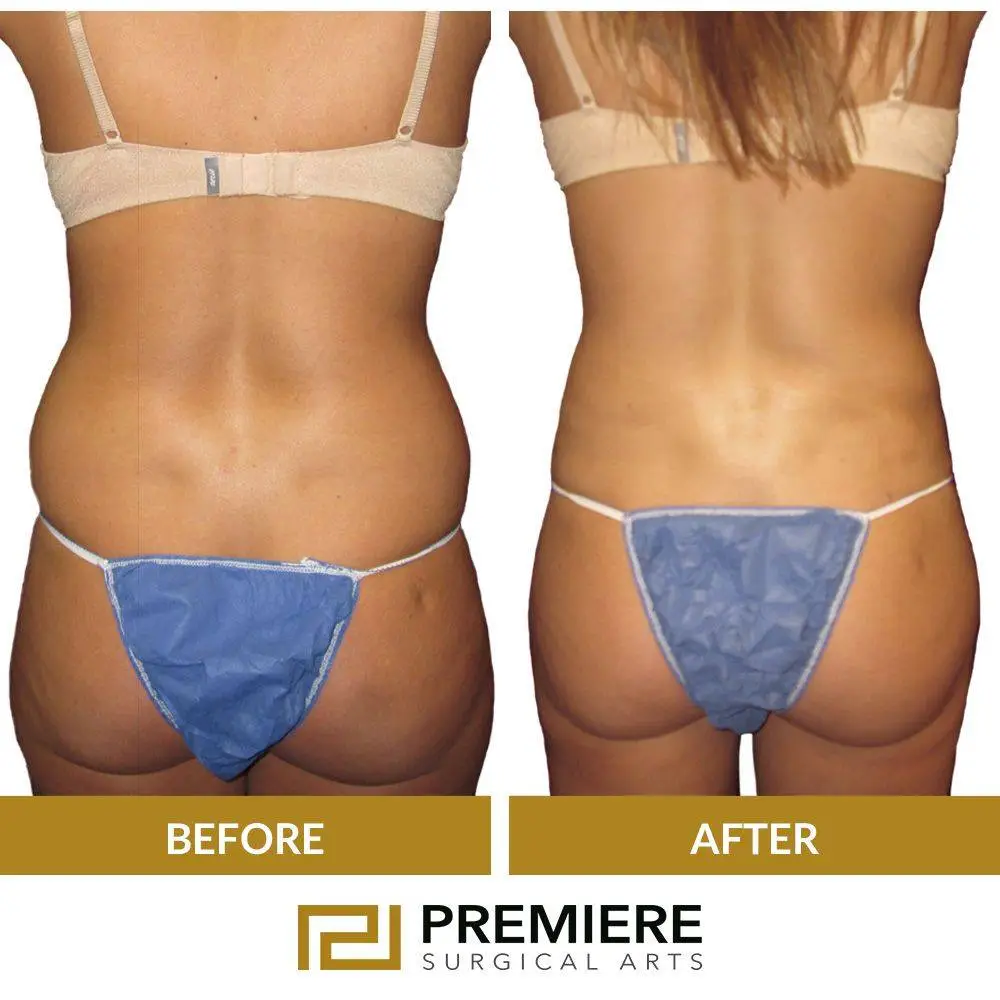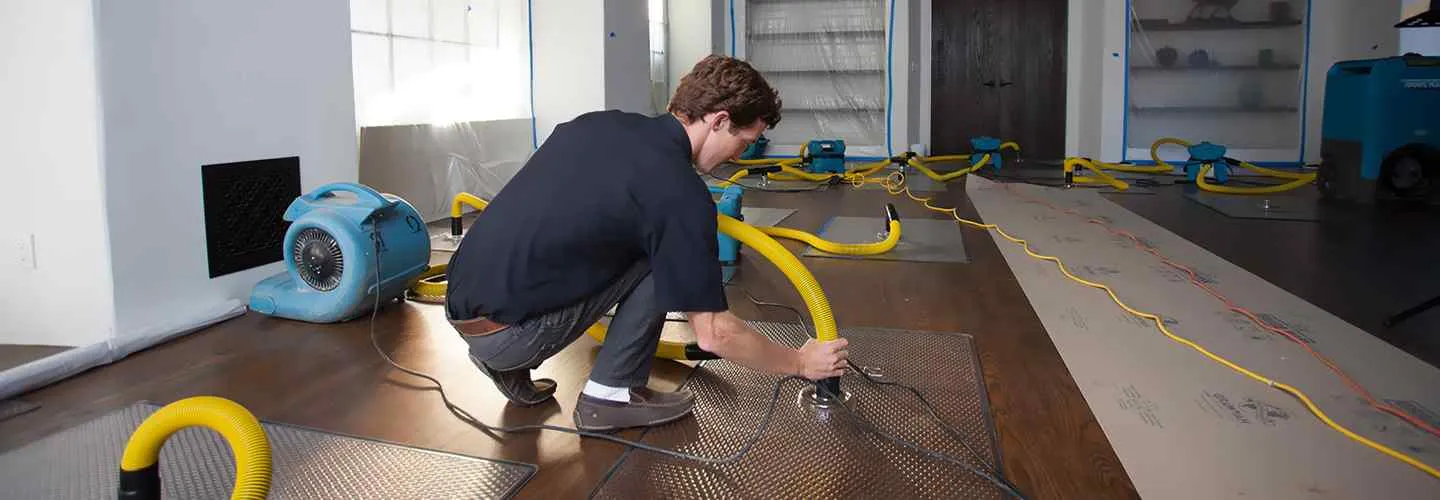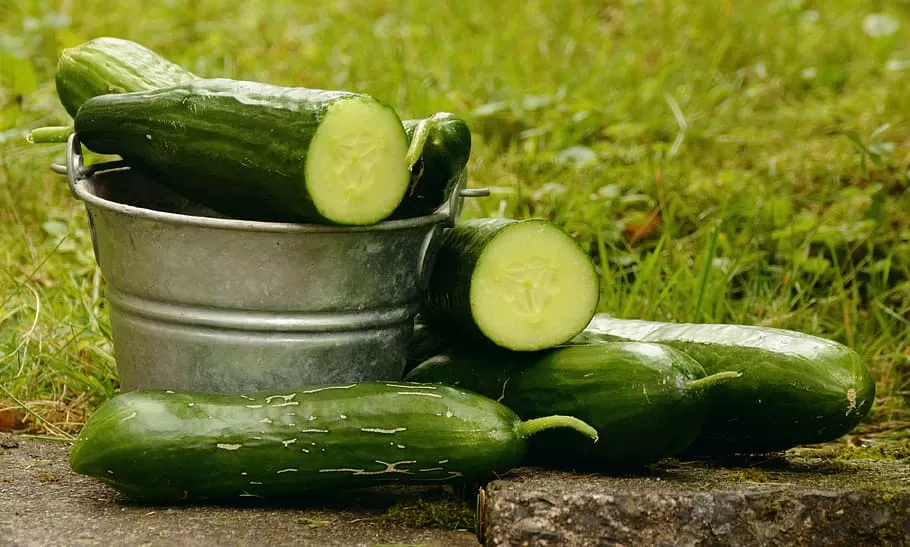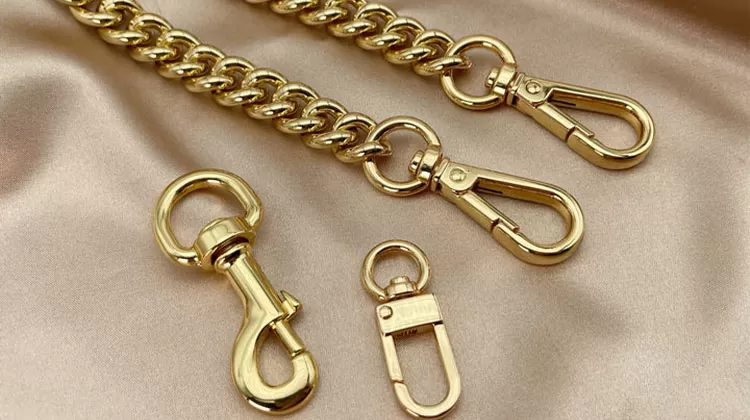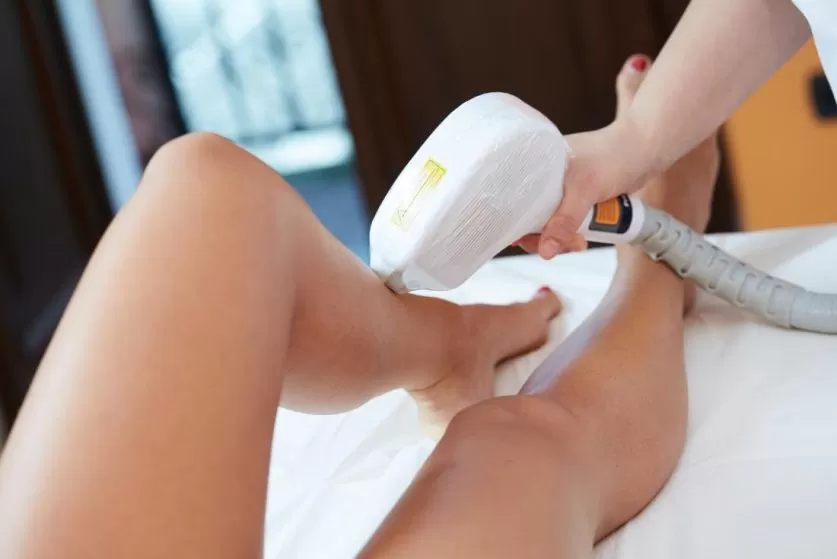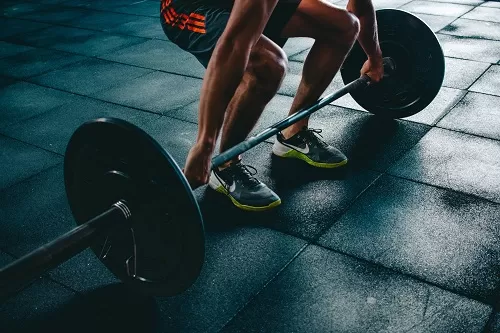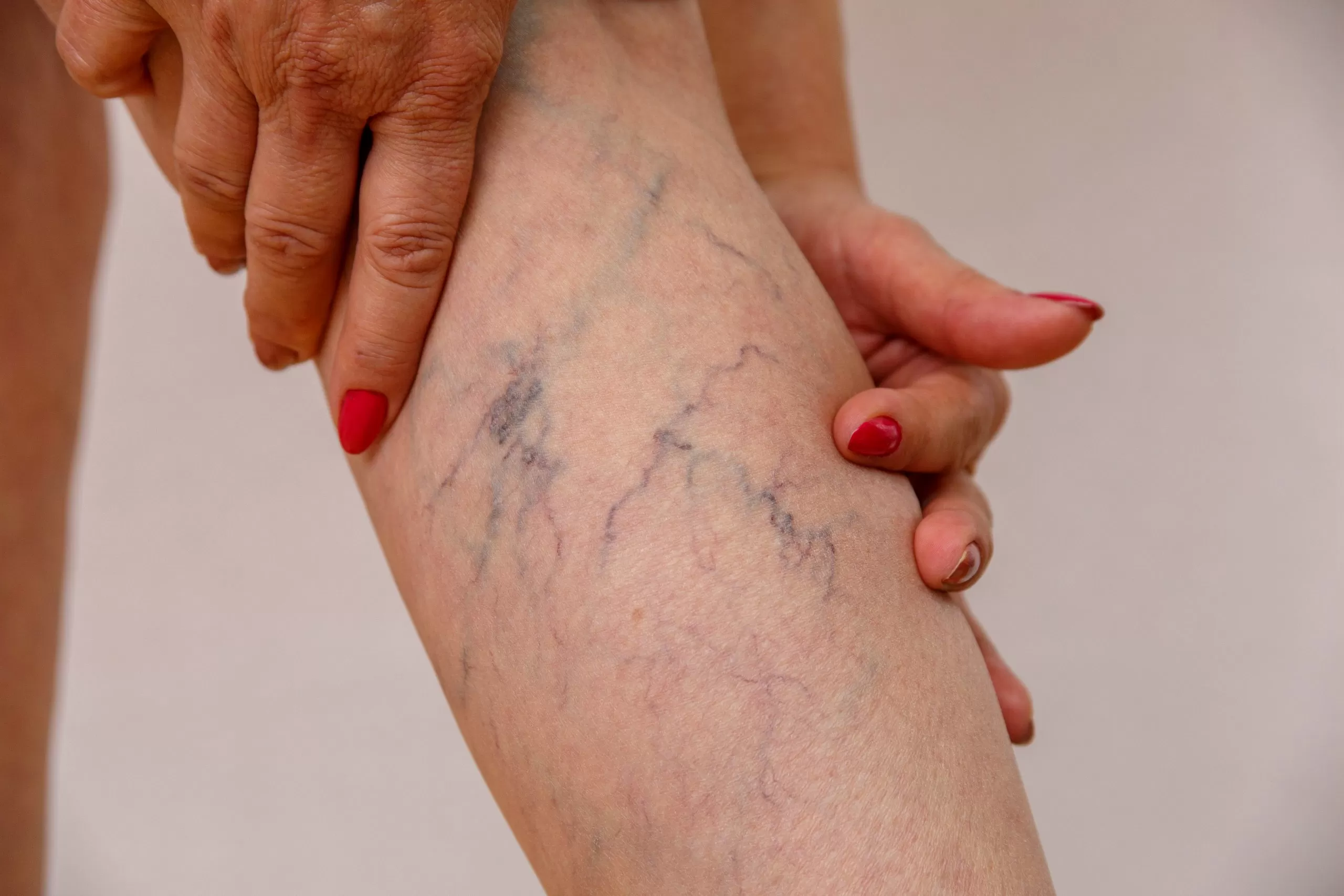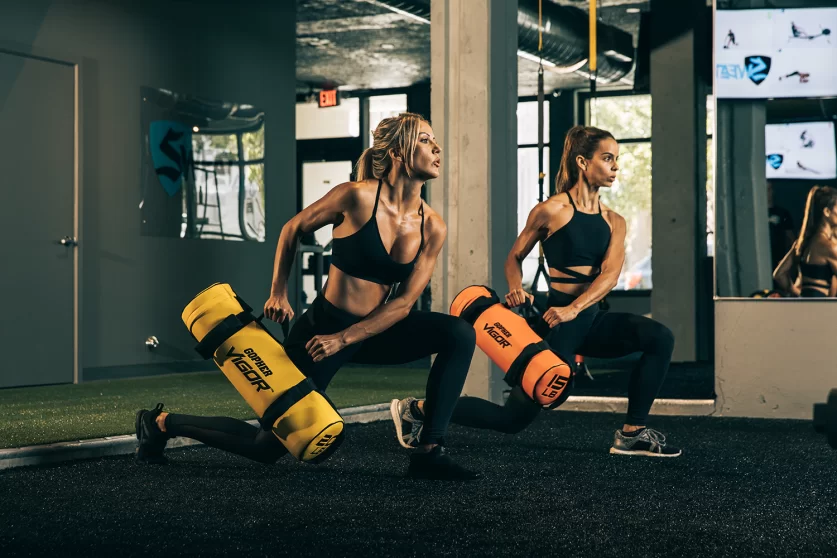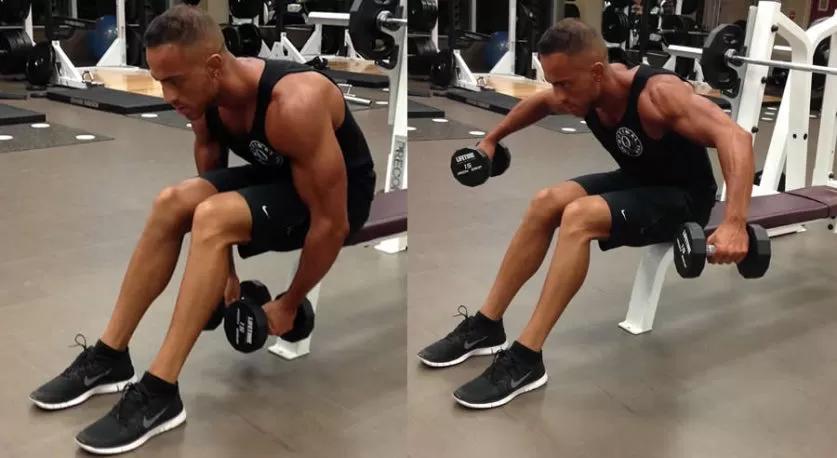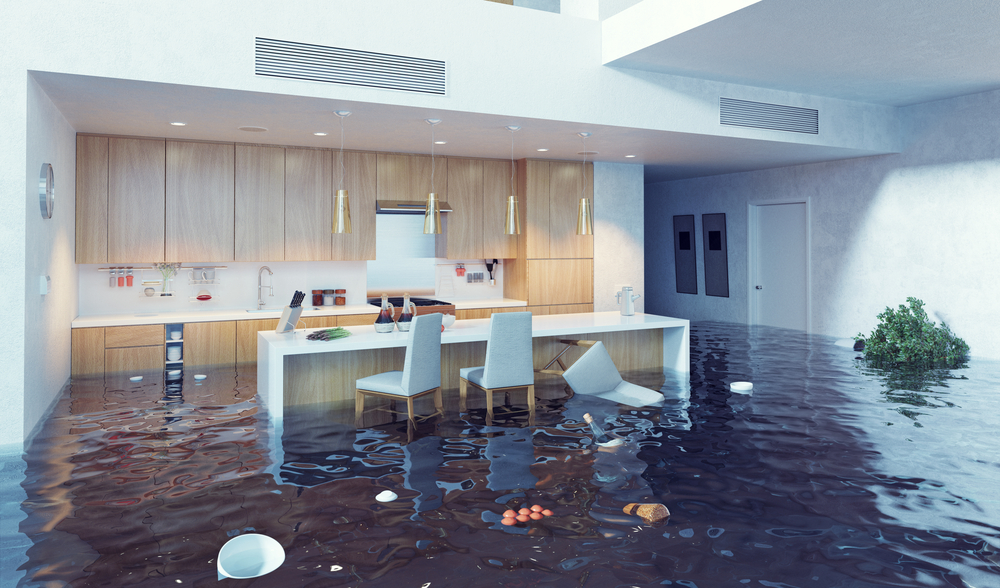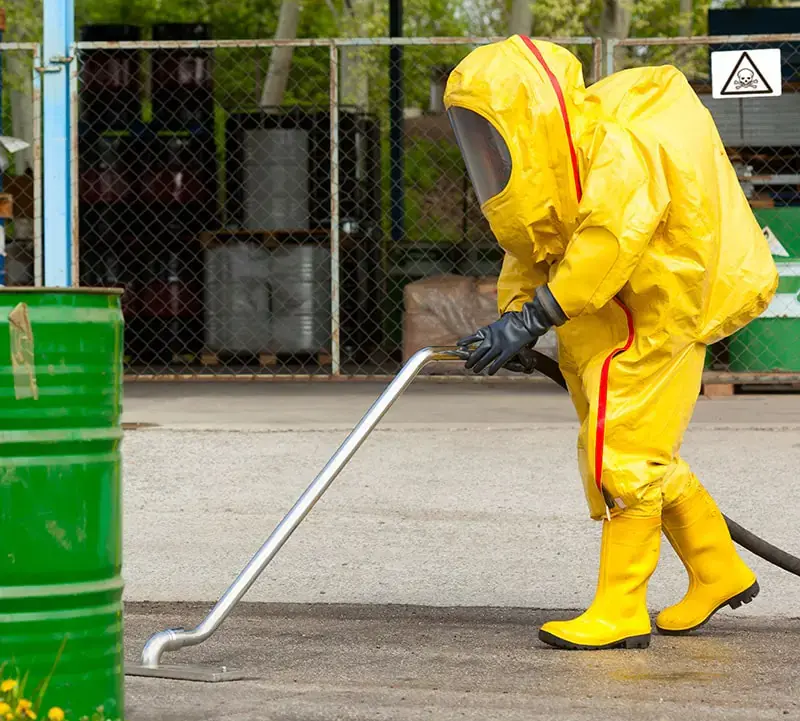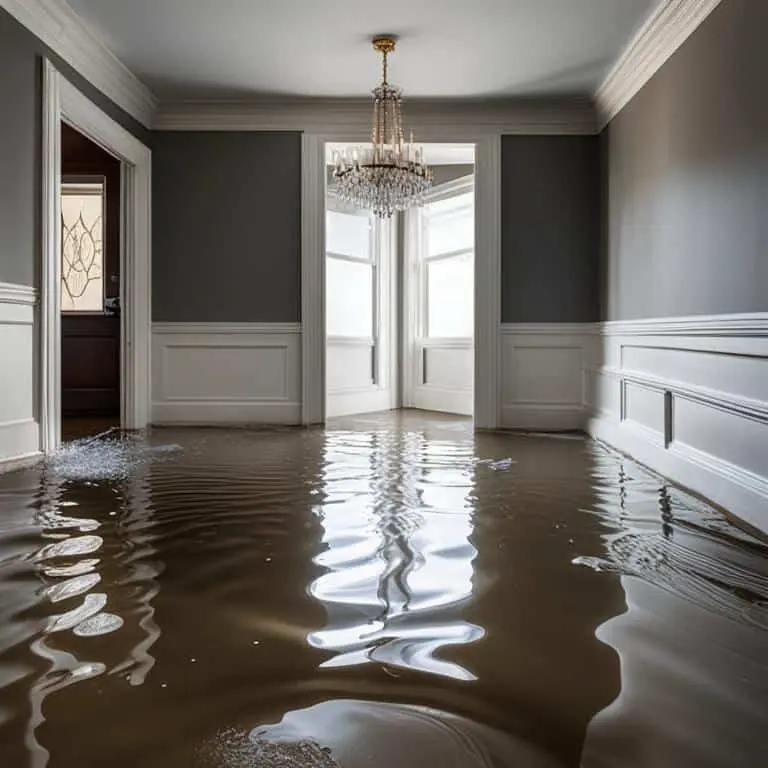How Can You Prevent Water Damage in Your Home?
Inspect and Maintain Your Roof Regularly
One of the most common causes of home water damage Vancouver is a leaky roof. The city's frequent rain can take a toll on your roof, making regular inspections essential. Look for missing or damaged shingles, clogged gutters, and weak spots where leaks might occur. Repairing minor issues promptly can prevent costly water damage.
Keep Your Gutters Clean and Functional
Clogged gutters can cause water to overflow, seeping into your home's foundation, walls, and basement. Ensure your gutters are free of debris like leaves, dirt, and twigs. Install gutter guards to reduce buildup and check the downspouts to ensure proper drainage away from your home's foundation. Proper gutter maintenance is crucial in preventing home water damage in Vancouver, especially during heavy rainfall.
Check for Leaky Pipes and Plumbing Issues
Leaky pipes can lead to severe water damage if left unaddressed. Inspect your plumbing system for visible leaks, rust, or damp areas under sinks and near appliances. Replace worn-out pipes and fittings, and consider installing a water leak detection system to alert you to any leaks before they become significant problems.
Install a Sump Pump in Your Basement
A sump pump is an excellent investment, particularly if your home is in a flood-prone area. It helps remove excess water and prevents flooding. Make sure to test your sump pump regularly to ensure it is working correctly. A backup battery-operated sump pump is also advisable in case of power outages.
Seal Cracks in Your Foundation
Cracks in your home's foundation can allow water to seep inside, causing structural damage and mold growth. Inspect your basement and exterior walls for any cracks and seal them with a high-quality waterproof sealant. If you notice major foundation issues, consult a professional to address them before they worsen.
Maintain Proper Drainage Around Your Home
Poor drainage can cause water to accumulate around your home's foundation, leading to long-term damage. Ensure that the soil slopes away from your house to prevent pooling water. Additionally, consider installing a French drain or an exterior waterproofing system to keep excess water away from your home's foundation.
Monitor Your Water Bill for Unusual Spikes
An unexpected increase in your water bill may indicate a hidden leak. If you notice a significant rise in water usage, investigate for leaks in your plumbing system, appliances, or underground pipes. Addressing these leaks promptly can save you money and prevent water damage.
Insulate Exposed Pipes to Prevent Freezing
During colder months, pipes can freeze and burst, causing severe water damage. Insulate exposed pipes in your basement, attic, and exterior walls with foam or heating tape. Additionally, keep indoor temperatures above freezing and allow faucets to drip slightly to prevent freezing during extremely cold weather.
Use Water-Resistant Materials in Vulnerable Areas
Bathrooms, kitchens, and basements are prone to water exposure. Using water-resistant materials such as ceramic tiles, waterproof drywall, and mold-resistant paint can help minimize water damage. These materials make cleanup easier and prevent mold growth if water exposure occurs.
Install Smart Water Leak Detectors
Technology can help you prevent home water damage in Vancouver by detecting leaks early. Smart water leak detectors send alerts to your phone if they detect moisture or unusual water activity. Installing these devices near washing machines, water heaters, and under sinks can help you address leaks before they cause significant damage.
Be Mindful of Your Appliances
Household appliances such as washing machines, dishwashers, and water heaters are common culprits of water damage. Inspect hoses and connections regularly for wear and tear. Replace rubber hoses with more durable stainless steel braided hoses to prevent leaks. Additionally, avoid overloading your washing machine, as excessive vibrations can loosen connections and cause leaks.
Know How to Shut Off Your Water Supply
In the event of a major leak or burst pipe, knowing how to shut off your home's main water supply can prevent extensive water damage. Locate the main shut-off valve and ensure all household members know how to turn it off in an emergency.
Waterproof Your Basement
Basements are especially vulnerable to water damage due to their location. Applying a waterproof coating to the walls, installing a dehumidifier, and using moisture-resistant flooring can help protect your basement from water infiltration. Consider installing a drainage system if your basement frequently experiences water buildup.
Keep an Eye on Your HVAC System
Your heating, ventilation, and air conditioning (HVAC) system can contribute to water damage if not maintained properly. Clean or replace air filters regularly, and check for condensation buildup around the unit. Ensure that the drain lines are clear to prevent water from accumulating and causing damage.
Trim Trees and Maintain Landscaping
Overgrown trees and shrubs near your home can damage your roof and foundation. Roots can grow into pipes, causing leaks, while falling branches can damage your roof, allowing water to seep in. Trim trees and bushes regularly to reduce the risk of water damage.
Consider Professional Waterproofing Services
If you live in an area prone to heavy rainfall, professional waterproofing services can offer long-term protection. Companies specializing in waterproofing can assess your home and recommend solutions such as exterior drainage systems, sealants, and moisture barriers to prevent water intrusion.
Act Quickly at the First Sign of Water Damage
If you notice water stains, damp walls, or a musty odor, take immediate action. Ignoring small leaks can lead to significant structural damage and mold growth. Contact a water damage restoration professional to assess the situation and prevent further damage.
Conclusion
Preventing home water damage in Vancouver requires proactive maintenance and vigilance. Regular inspections, proper drainage, and installing protective measures like sump pumps and leak detectors can save you from costly repairs. By taking these preventative steps, you can protect your home from water damage and ensure a safe and dry living environment for years to come.

